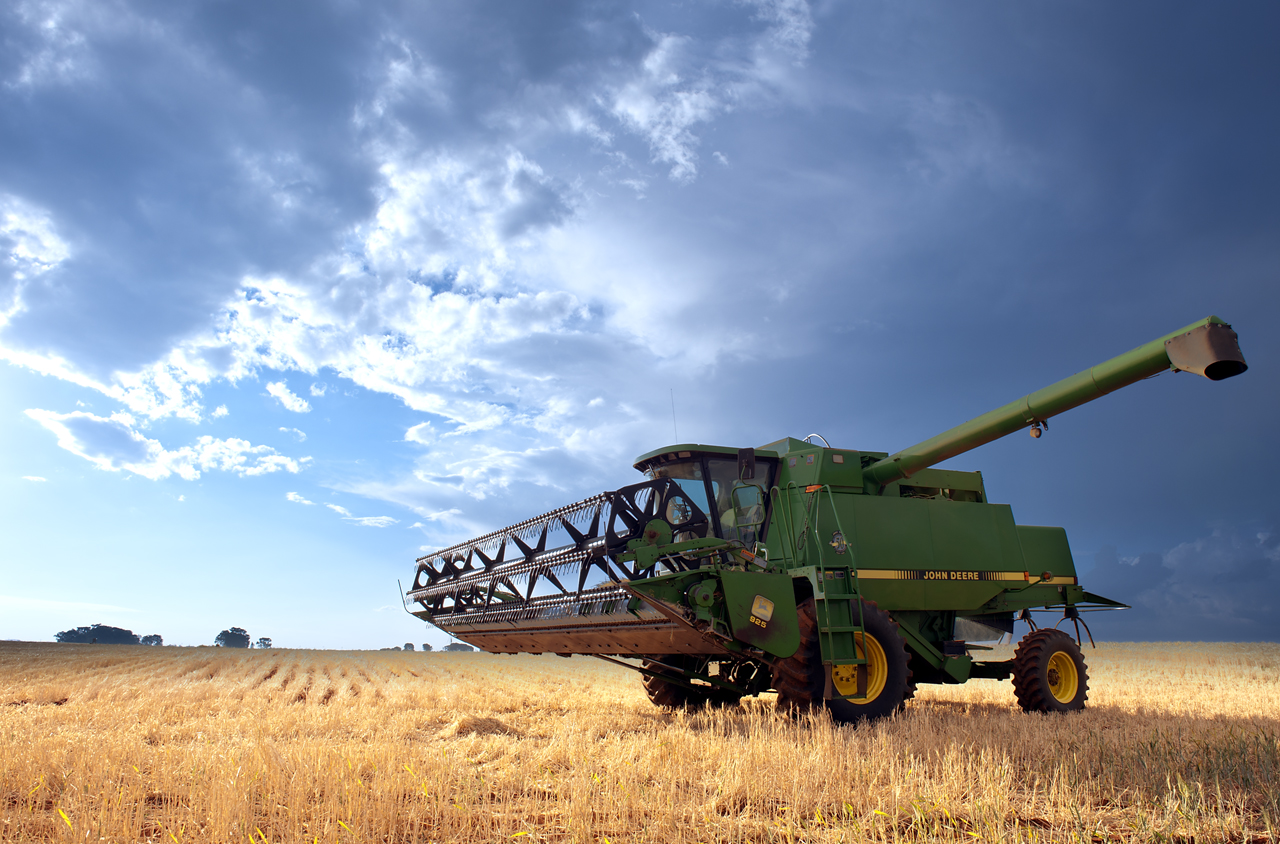Insurance is there to provide peace of mind to those who need it. We buy insurance for our homes, our cars, our belongings, our health and even to cover our lives. So, why wouldn’t we buy insurance for our farms as well?
There are a few things you need to know about insuring your farm, before you decide on a policy and how to go ahead with purchasing farm insurance. Make sure you understand the different policies and get all the coverage necessary for your specific farm.
Do you even need to insure your farm?
Let’s first clarify whether you need to insure your farm or not. If you have more than just a home, pool and/or garage on your property, you would be better covered by a farm insurance policy. If you own any “pets” that aren’t the standard dogs and cats and you use them for any production or sustenance purposes, you’ll need to insure them. And if you have any workers on your farm property, you’ll need a farm insurance policy to cover them too.
There are many factors to farming that make it a dangerous business, even if you consider your farm merely a hobby farm. Equipment, animals and manual labour are all accidents waiting to happen and no one is exempt from accidents. But if your farming efforts are for business, you most certainly need insurance.
What are the different types of farm insurance?
There are different types of insurance that are offered to farmers that, together, cover the farm business as a whole. Farmers will need to consider all the various areas of coverage when putting together an insurance package for their farm. Those areas include:
- Business property insurance: Two branches of business property insurance for farms are homeowners and farm structures insurance. Having homeowner insurance under a business property insurance policy serves as an umbrella policy for all the structures on the farm instead of needing to take out a personal property policy for each. The farmhouse is then considered as a business asset and is protected in the event that something happens to the house. And by insuring your farm structures (silos, stables, fences, paddocks, coops, barn and dairy parlours), you’re saving yourself from forking out money you don’t have to replace them when storms hit or these structures are damaged.
- Asset insurance: Different farms have different assets but all farms have a variety of assets that, at the end of the day, need to be insured. Asset insurance includes insuring farm equipment, livestock and crops. Insuring farm equipment is understandable – if anything is stolen or accidentally breaks down, insurance can pay out and you can replace your necessary machinery. But what about livestock and crop insurance? How does that work? In the event of a natural disaster, fire, killing or stealing of either of these assets, the insurance policies replace what has been lost to allow farmers to continue running their farms and generate an income. Your assets are what make the farm cultivated and arable land. By insuring those assets, you’re ensuring that your farmland stays productive.
- Liability insurance: Liability insurance is there to protect workers on the farm through workers compensation insurance. There is also commercial vehicle liability insurance to protect the farm in the event that one of the farm’s vehicles is involved in an accident.
- Vehicle and asset finance insurance: This type of insurance concerns all commercial farms that rely on vehicle deliveries to transport their produce from the farm to distributors. Farmers will want to be sure that they will be compensated in the event that something happens during a delivery.
Whether you are a commercial or hobby farmer, there is a lot of money that has been invested into your farm and without the appropriate insurance policies covering the different areas of your farm, you run the risk of losing it all. Each type of farm insurance protects the business aspect of the farm.
Farm insurance will protect farmers and their farms in the event of loss, damage or liability. It keeps farms in operation through financially tough times which means farms can continue to meet the food demands of the community. One could argue that farms have a social responsibility to insure their farms in order to keep shelves stocked and tummies full. Many countries can’t afford to lose the commercial farms they have to something as simple as not having insured the farm equipment.
You can never be certain of what might happen in the future, but you can make sure you’re prepared for all outcomes. And that’s why it’s important for farmers to insure their farms. Because if something happens, it won’t simply be a farmer going out of business, but a community who can no longer afford groceries.
Safe Driving with Tractors – About 134,000 km from 750,000 km SA Roads are tarred roads… https://t.co/oihccn7ffK #ArriveAlive #Nampo2018 @vslandbou pic.twitter.com/e6WPGbv2mc
— Arrive Alive (@_ArriveAlive) May 15, 2018
